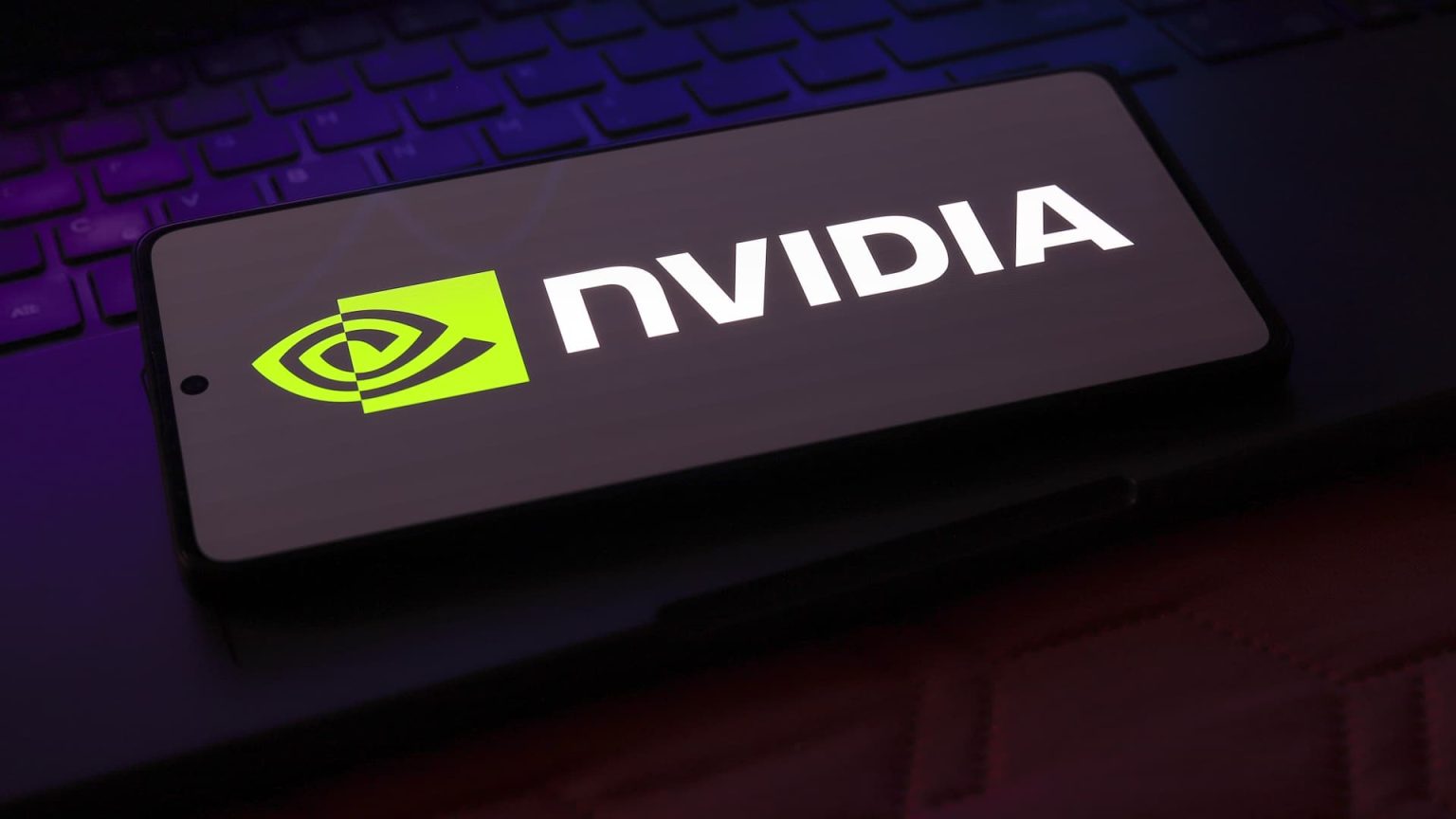Tiger 21, a network of ultra-high-net-worth investors and entrepreneurs, recently released its second-quarter asset allocation report revealing that more than half of its members do not invest in chip darling Nvidia. With personal assets collectively worth over $165 billion, the group’s chairman, Michael Sonnenfeldt, highlighted that while Nvidia is currently the undisputed leader in AI, no company’s growth lasts forever, and competitors often catch up, leading to market recalibration. Tiger 21, established in 1999, provides a platform for its members to share advice on wealth preservation, investments, and philanthropic endeavors through 123 groups in 53 markets with over 1,450 members.
Of the 43% members who have invested in Nvidia, most do not intend to add more stock, concerned that the price may have already run up too high. These fears were validated as Nvidia’s stock plunged 9.5% overnight, wiping out approximately $300 billion of its market cap along with a broad market sell-off. Furthermore, a considerable 43% of the club’s members surveyed believe that Nvidia’s success may not be sustained over the next decade. Some members have chosen to steer clear of technology investments altogether, opting for real estate or other sectors due to concerns over volatility and competition in the tech sector.
Sonnenfeldt emphasized that Tiger 21 members prioritize wealth preservation over chasing high returns, potentially explaining why some members are avoiding volatile tech investments such as Nvidia. Despite its impressive growth, some members remain skeptical about the long-term sustainability of Nvidia’s success, especially given the rapidly evolving nature of the tech industry. Nvidia, once referred to as ‘the world’s most important stock,’ experienced meteoric growth on the back of the artificial intelligence boom, leading to a $3 trillion market cap earlier this year before a significant market correction.
While Nvidia led semiconductor stocks lower amidst a Wall Street sell-off, Sonnenfeldt remains optimistic about the broader AI industry, viewing it as one of the most investible themes in financial history. Tiger 21’s recent member allocation report highlighted that the majority of its members’ allocation is in private equity at 28%, followed by real estate at 26% despite high interest rates, and public equities at 22%. The club’s investment decisions are reflective of a strategic focus on asset allocation and risk management to safeguard their substantial wealth across various sectors and asset classes.
In conclusion, Tiger 21’s asset allocation report sheds light on the investment strategies and perspectives of its ultra-high-net-worth members, revealing a cautious approach towards tech investments like Nvidia due to concerns over volatility and competition. Despite Nvidia’s previous success in the AI space, members believe that sustaining such growth over the long term may be challenging given industry dynamics. As the club continues to prioritize wealth preservation over aggressive returns, its diversified allocation across private equity, real estate, and public equities underscores a strategic focus on risk management and asset protection in a dynamic market environment.













